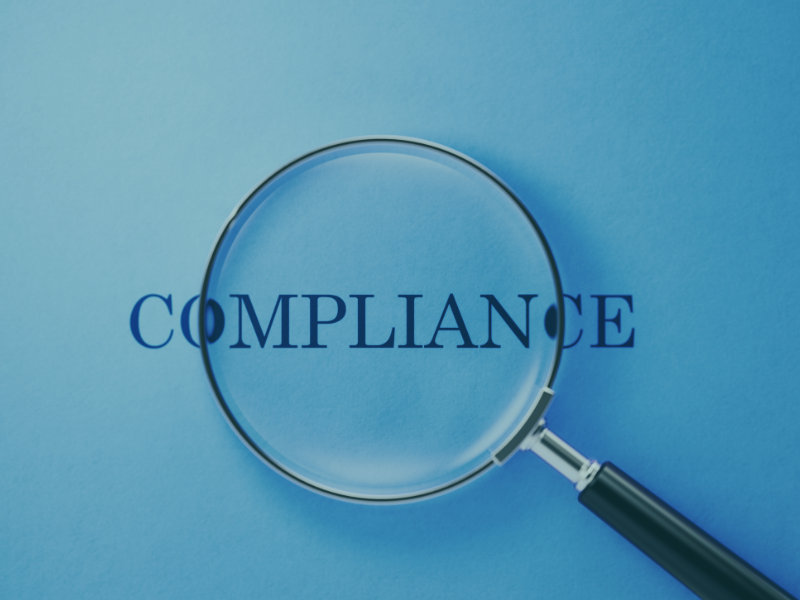
Consumers want to make payments quickly, easily, and securely. For universities that accept payments across multiple departments — from bookstore payments to tuition payments — securing credit and debit card payments is not optional. Not only does it boost consumer confidence, but it’s a matter of compliance with the latest industry standards.
EMV refers to the increased security of payment card transactions via chip-embedded credit, debit, and payment cards. Not only does this largely prevent the production of counterfeit cards, but enables dynamic authentication.
In a post-liability shift world, EMV compliance is not optional. Merchants that accept cards in a face-to-face environment must be equipped with chip-compatible equipment or risk losses related to chargebacks and fraud.
We’ll discuss what EMV is and why EMV is especially important for universities.
What is EMV?
EMV, which stands for Europay, MasterCard®, and Visa®, is a technical standard for payment cards that increases the security of transactions. Most credit and debit cards in 2021 are fitted with a small chip located on the front of the card. This chip is a microprocessor — essentially a fully operating computer system — which is tamper-proof and almost impossible to replicate.
The EMV compliance framework was designed to combat fraud. With chip-embedded EMV cards, customers can authenticate by inputting PINs or using the tap-and-go function. EMV’s chip-embedded “dip” method replaces the now outdated magnetic strip “swipe”, which has faced issues with counterfeiting due to thieves copying data embedded in the strip.
EMV represents a suite of security standards for credit and debit card transactions and NFC mobile payments. It solves the security problem by creating a new transaction code for each transaction that takes place. Universities must implement EMV-capable card readers and terminals at the point of sale (POS) to be considered EMV compliant.
What Does it Mean to be Compliant?
EMV compliance is a standard rather than a legal requirement. That said, EMV compliance goes a long way to protect both universities and their consumers. Additionally, it can save university merchants from significant fraud-related losses.
Non-EMV-compliant merchants face the burden of fraud for any transactions that happen via a card “swipe” (magnetic stripe) rather than a “dip” (EMV-capable). Without the appropriate EMV technology in place, merchants may be liable for any fraud that occurs.
There are costs involved in complying with EMV systems, though they are minimal when compared to the potential losses associated with non-compliance. Depending on business size, costs can range from $500 to several thousand dollars to equip a business with EMV readers.
Why is EMV Compliance Important for Universities?
Universities have thousands of students and have to process a massive number of payments across numerous departments and campuses. Here are reasons why EMV compliance is important:
- Preventing fraud — EMV transactions validate the authenticity of the card via the chip, creating a unique security code that can’t be used for other transactions. This prevents hackers from stealing and using chip information for duplication.
- Non-compliance fees — Universities could face steep fees from the various processing companies. Each transaction processed without a proper EMV reader will incur a fee.
- Ease of access — Universities need to make payments easy and accessible to students, and students want to know they can trust that their payment card information is secure.
While not a legal mandate, universities benefit from EMV compliance — both in the bottom line and with their reputation among students, staff, and other consumers. Arrow Payments has deep expertise in helping colleges and universities maintain EMV compliance. To learn more about how we can help you, contact us today.




